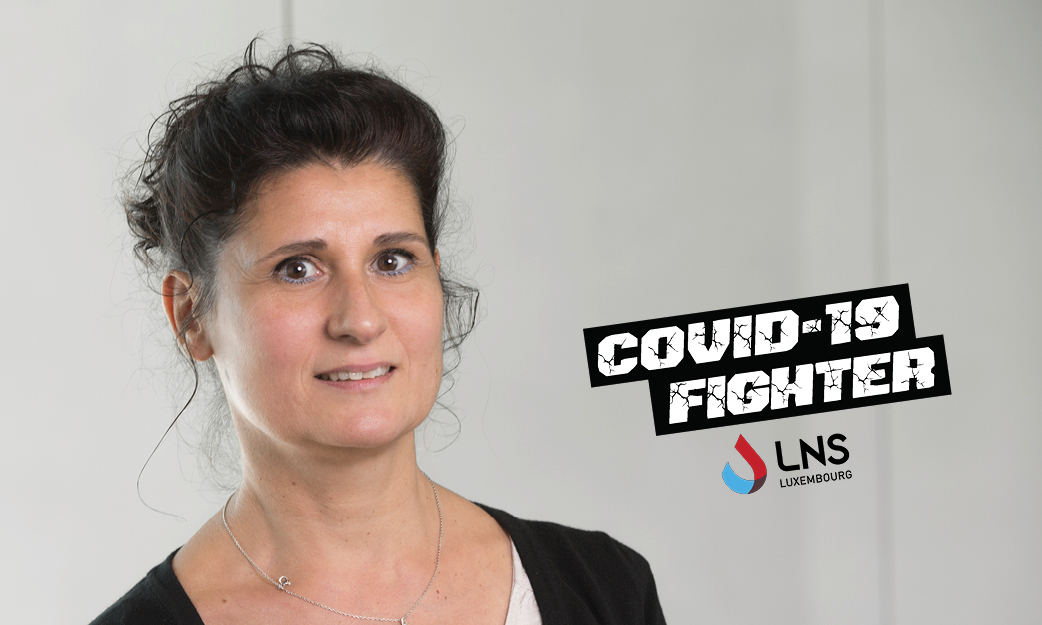- The Laboratory
- Organization
- Departments
- Jobs
- Analysis book
- Contact
- News
- Publications
- Download



I’m a lab engineer in microbiology, responsible for the sequencing platform. In everyday laboratory work, this means that I develop, optimize and test technical protocols. Of course, all of this is particularly in demand right now. In addition, I also instruct employees on new technologies.
My first task was to adapt existing protocols for the sequencing of Covid-19 and to implement a tested version at our laboratory. Currently, I am responsible for the implementation of corresponding samples, and coordinate and support the team. Let’s put it this way: I am the person who is called if something goes wrong or differently than expected.
We have a very versatile and open international cooperation. Since the beginning of the crisis, there has been an extensive exchange of laboratory protocols within the international research ecosystem. For example, Portuguese colleagues provided us with a very helpful protocol, which allowed us to gain a lot of time in implementing the sequencing of the coronavirus. In addition, the “Artic Network” exchange platform provides teams around the world with free access to advice and protocols. We ourselves are also happy to share our results with colleagues. For example, our optimized sequencing protocol has been published on the European platform ECDC so that other teams around the world can benefit from our experience.
There was one major hurdle to overcome, namely when the sequencer broke down. Fortunately, this ultimately caused no serious harm. The effort was nevertheless considerable, as a technician had to be despatched to the LNS. Because he came from abroad there were some formalities to deal with.
Let me put it this way: I love to travel – so I’m looking forward to being able to travel again at some point.